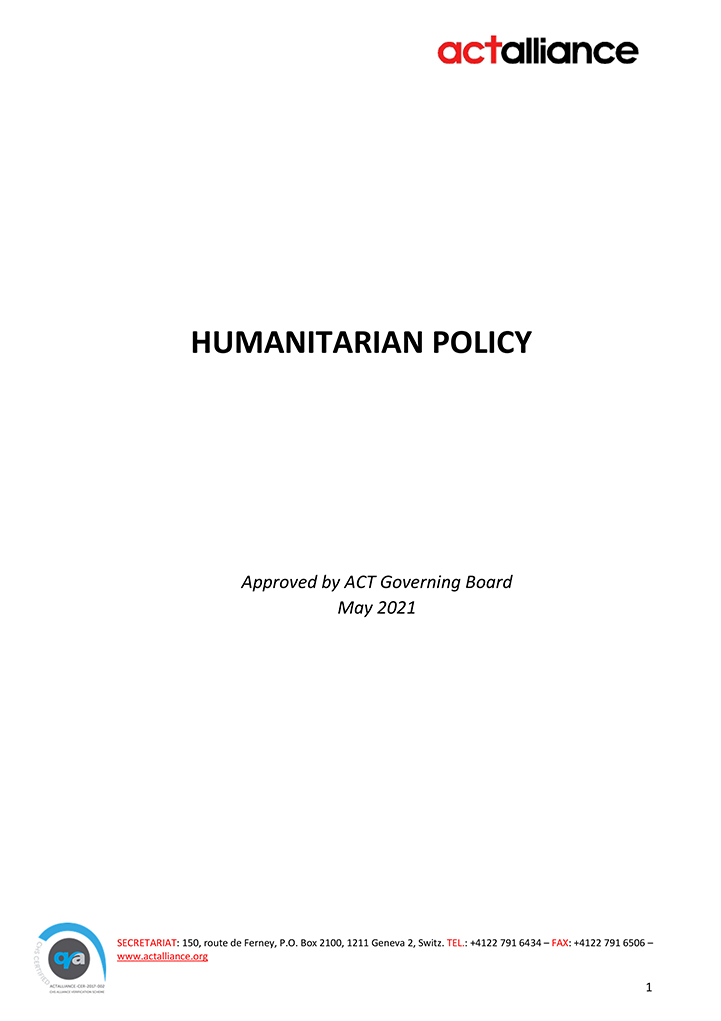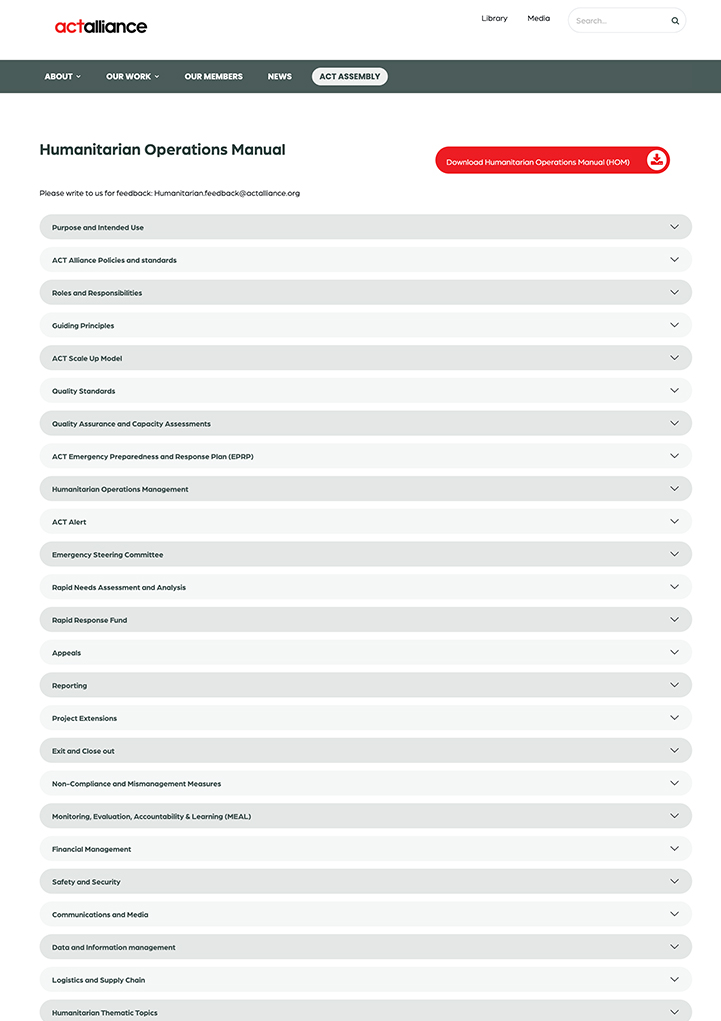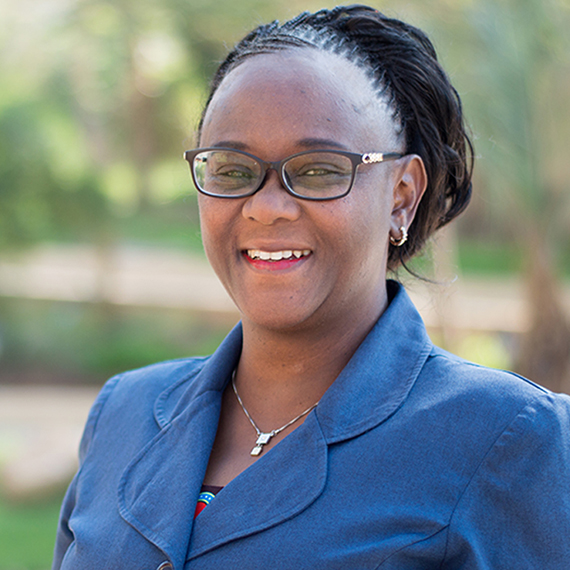Rio Grande do Sul, in southern Brazil, has experienced heavy rains that have flooded 452 municipalities. As of May 15, 2024, these floods have affected over 2 million people, resulting in 538,126 displaced, 76,588 in shelters, approximately 806 injured, 149 confirmed deaths, and 108 missing persons (Civil Defense Bulletin of the State of Rio Grande do Sul).In early May, continuous heavy rains in Porto Alegre, the Metropolitan Region, and the Vale do Rio Pardo led to the declaration of a state of public calamity on May 2. Porto Alegre, with 1.3 million inhabitants, has 157,000 affected people. Approximately 1.2 million people in Rio Grande do Sul are without electricity. Among the 149 deceased, 103 have been identified, including 37 from the Porto Alegre Metropolitan Region, encompassing various age groups from children to the elderly.Initial estimates suggest an economic impact of at least USD 2.5 billion, which is expected to grow as more storms are forecasted. The agriculture sector is significantly affected, with soybean prices rising due to harvest reduction fears, and potential impacts on rice, beans, pork, and poultry production. The floods have destroyed homes, workplaces, roads, bridges, and essential infrastructure and services such as drinking water, power supply, and communication.The situation worsened on May 13 with renewed rains and rising river levels, causing further evacuations of many residents who had previously returned home. This flood is the largest in the history of Rio Grande do Sul. By Monday, May 13, rainfall in Porto Alegre reached 341.7 millimeters for the month, far exceeding the average May rainfall of 113 millimeters (National Institute of Meteorology Inmet).Civil Defense has issued alerts for most of the state's river basins, projecting water levels to exceed flood thresholds. The Universidade Federal do Rio Grande do Sul (UFGRS) warns of further rises in water levels due to rainfall and wind effects, with the Guaíba River’s levels expected to exceed 5 meters.According to a needs assessment conducted by the Fundação Luterana de Diaconia (FLD), the most urgent humanitarian needs are identified in the sectors of food assistance, WASH, and Community-Based Psychosocial Support (CBPS). This action, to be implemented by the FLD, aims to assist 556 families affected by the floods, directly benefiting over 2,780 people. These beneficiaries include women involved in the solidarity economy, waste collectors, indigenous Guarani and Kaingang communities, quilombola communities, and agroecological family farmers in the three most affected regions of the state: the Metropolitan Region, Vale dos Sinos, and Vale do Rio Pardo, over a three-month period.RRF 03 2024 Brazil floods











